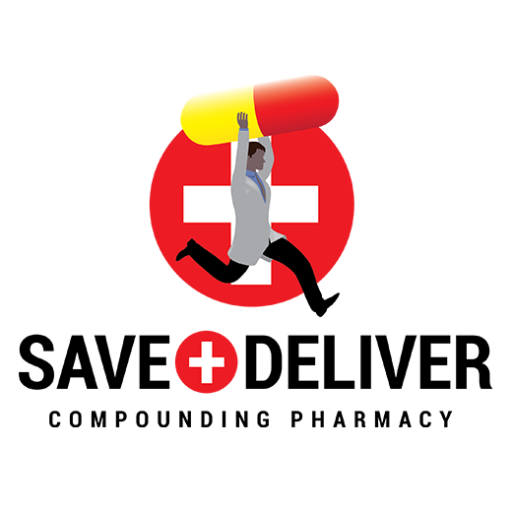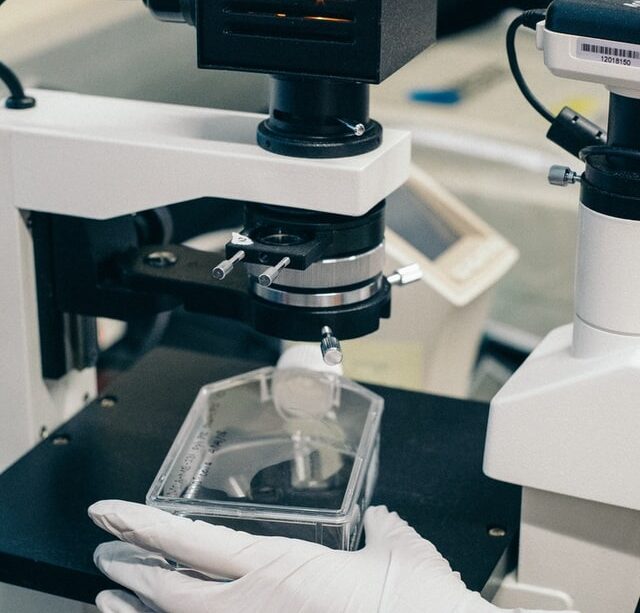5 Digital Trends In Healthcare
The healthcare technology industry has become a very rapidly growing field for resolving the new crises that have come due to Covid and also to resolve the foreseeable problems in the future. The digital trends have improved the efficiency, productivity, and performance in the healthcare field. It also ensures a healthier, safer, and productive life. Many of the hospital-related works such as maintaining records of the patients, appointments, and financial transactions have become easier because of these technologies.
1. Telemedicine Services
The way patients and doctors interact has changed drastically especially during the Covid time. The digital transformation in healthcare has incredible benefits. Nowadays, the geographical distance between the patient and the doctor does not matter. There are telemedicine apps available to connect them. This has become popular and is convenient as it avoids contact between the doctor, patients, and other health care workers during this vulnerable Covid period. Patients can get free medicine delivered at home. An important technology behind these apps is WebRTC. It connects web browsers to mobile applications, hence features like texting, video calling, file transfers, and screen sharing are available. Electronic Health Records (EHR) helps in viewing the medical records of patients in the app. Interactive Voice Response (IVR) uses digital speech to communicate with patients.
2. Artificial Intelligence (AI)
There is much AI-based technology that patients are becoming familiar with. Especially during this COVID time, thermal scanning was popularly used in detecting high temperatures, CT Scans of the chest were also done. These are generally possible by the ordinary human eye. Other wonders using AI are virtual health assistants, chatbots, and even the period of drug development has reduced. There are the muse robots that assist human nurses in fetching and restocking things.
3. Use of Virtual Reality (VR)/ Augmented Reality (AR) to treat patients
Virtual Reality (VR) creates an artificially created environment that gives a simulated experience to the patients. This simulated environment gives the flexibility that normal physical therapy cannot provide. It has shown success among stroke victims to address motor deficiencies, cognitively impaired patients to unblock their memories, and also to decrease anxiety. VR is also very popular in reducing pain, planning complicated surgeries, and also among autistic children.
4. Internet of Things(IoT) in Healthcare
They are a cluster of connected devices that are usually wearable (e.g., a mobile connected to a smartwatch). They are fitness trackers that provide information through connected mobile apps. The medical measurements that can be acquired by using IoT are heart rate, temperature, glucose, and blood pressure levels.
5. Blockchain Technology
In a healthcare setting, maintaining and protecting the patient data from various threats and vulnerabilities is very important. Blockchain technology addresses these concerns by preventing data breaches, ensuring the safe exchange of financial information of the patients, and enhances the accuracy of medical records.
These technologies that are emerging are worth investing in because storing patient data digitally has immense benefits and they are going to be the future of healthcare. The digital era can be a challenge for those sticking to the traditional ways but once they learn to operate them, it becomes more flexible and helpful.



